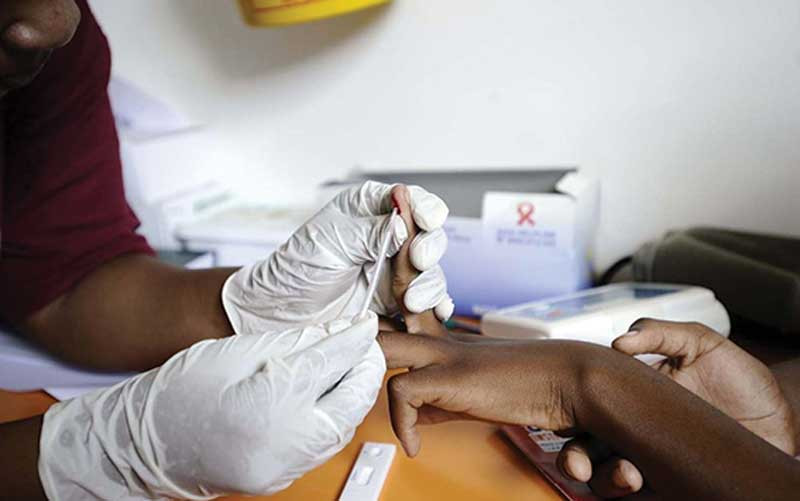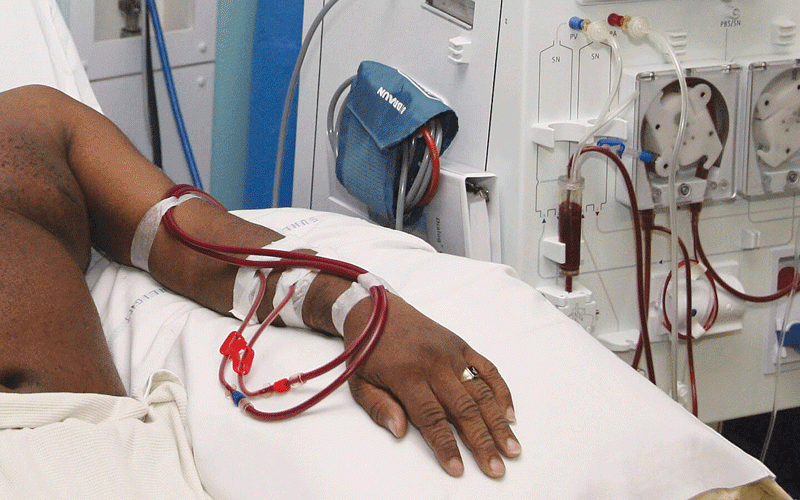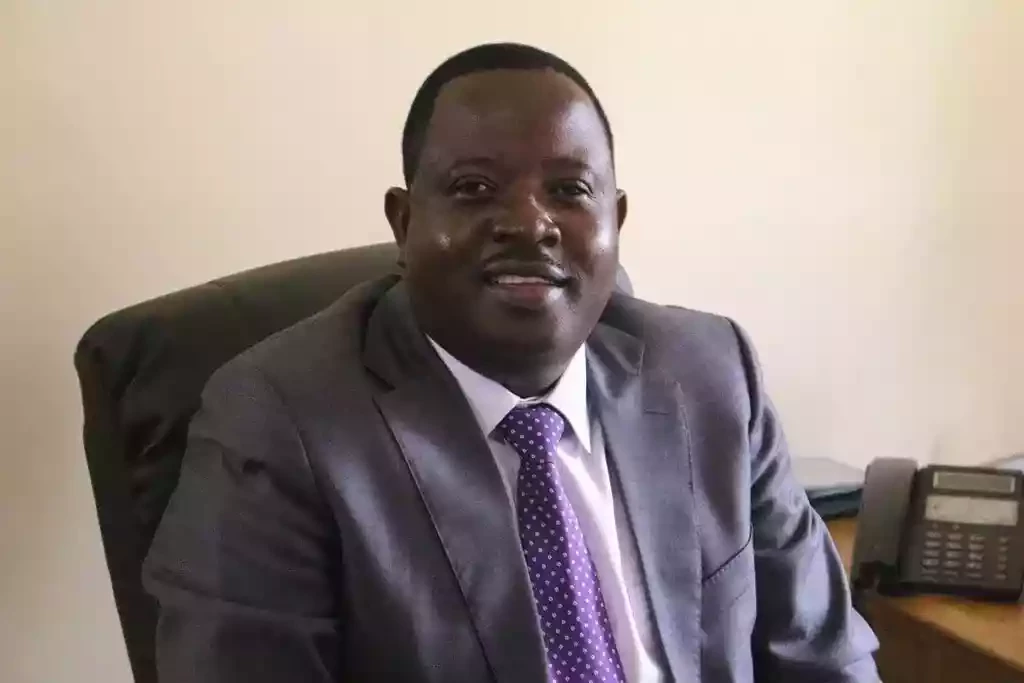
AT least 22 of Zimbabwe's 64 districts are set to benefit from the US$87,5 million funding extended to the government by the United States President’s Emergency Plan for Aids Relief (Pepfar).
The programme caters for adolescent girls and young women, high-risk men and boys and members of key populations in communities in their diversity.
The five-year programme, Preventing HIV for Sustainable Epidemic Control (PREVENT) will be implemented through the Health and Child Care ministry and the Population Services Health (PSH).
Speaking at the launch of the programme, which also marked the end of the Last Mile programme, PREVENT chief of party Blessing Mutede said the programme would sustain HIV epidemic control with a focus on serving those most at risk of acquiring HIV.
The programme will also target those who avoid seeking medical attention and HIV prevention, care and treatment services in traditional settings.
“Recognising the growing challenge of drug and substance use, PREVENT will extend support for people who use drugs in a harm reduction approach.
“The programme seeks to meet these communities where they are and to co-create solutions that remove barriers to accessing life-saving HIV prevention care and treatment services, including barriers such as stigma and discrimination.
“PREVENT will mainstream essential cross-cutting or horizontal elements of gender equity, positive youth development and climate sensitivity across programme implementation and ensure resilient programming through turbulent times as may be posed by man-made or natural disasters and a demanding operating environment,” he said.
- Instagram fined 405m over children's data privacy
- Nurses fume over paltry govt loans
- 'Apostolic sects frustrating fight against measles'
- Zim pilots new HIV drug
Keep Reading
Mutede also expressed PSH’s eagerness to work in partnership with the Health ministry, saying its 25 years of experience and proven track record of innovation for epidemic control will push the programme to a higher level.
Population Services International senior country representative Staci Leuschner hailed the programme for making a significant impact on Zimbabwe’s HIV response.
“We transformed our service offer to bring care closer to the people we served, differentiating our approach according to their preferences, often to their doorstep.
“This was particularly important during the COVID-19-induced lockdowns when movement restrictions, stigma and discrimination disproportionately affected access to services for men who have sex with men, trans and gender-diverse individuals,” she said.
In a speech read on his behalf at the event, Health and Child Care ministry secretary Aspect Maunganidze acknowledged the support provided by Pepfar through USAid and the US CDC which has greatly contributed to the country’s HIV response.
Funding from the partners has seen over two million Zimbabwean men and boys receiving essential but voluntary medical male circumcision, improved access to condoms, contraceptives and pre-exposure prophylaxis for over one million vulnerable adolescent girls and young women and increased access to antiretroviral treatment among other interventions.
“We are confident that the ongoing partnership with Pepfar through USAid and Population Services Health will continue the decades-long record for technological innovation, market development, evidence-based and differentiated service delivery, including self-care and digital health, all for person-centred programming under PREVENT,” he said.
The PREVENT programme is expected to build on the successes of its predecessor, the Last Mile programme, which was a US$157 million eight-year programme that sought to strengthen private sector services.
It served more than 700 000 adolescents and young girls, men and boys and key populations.











